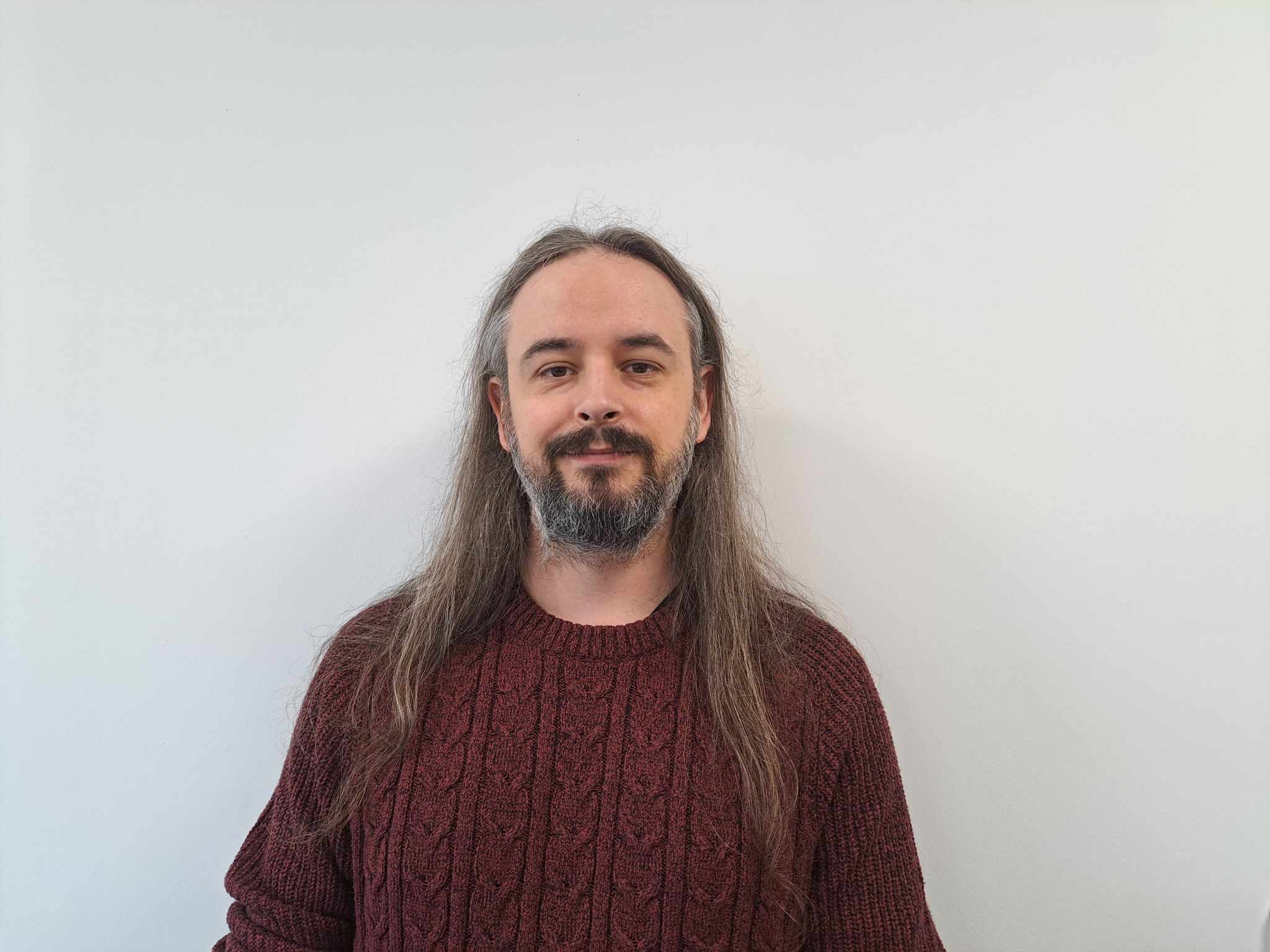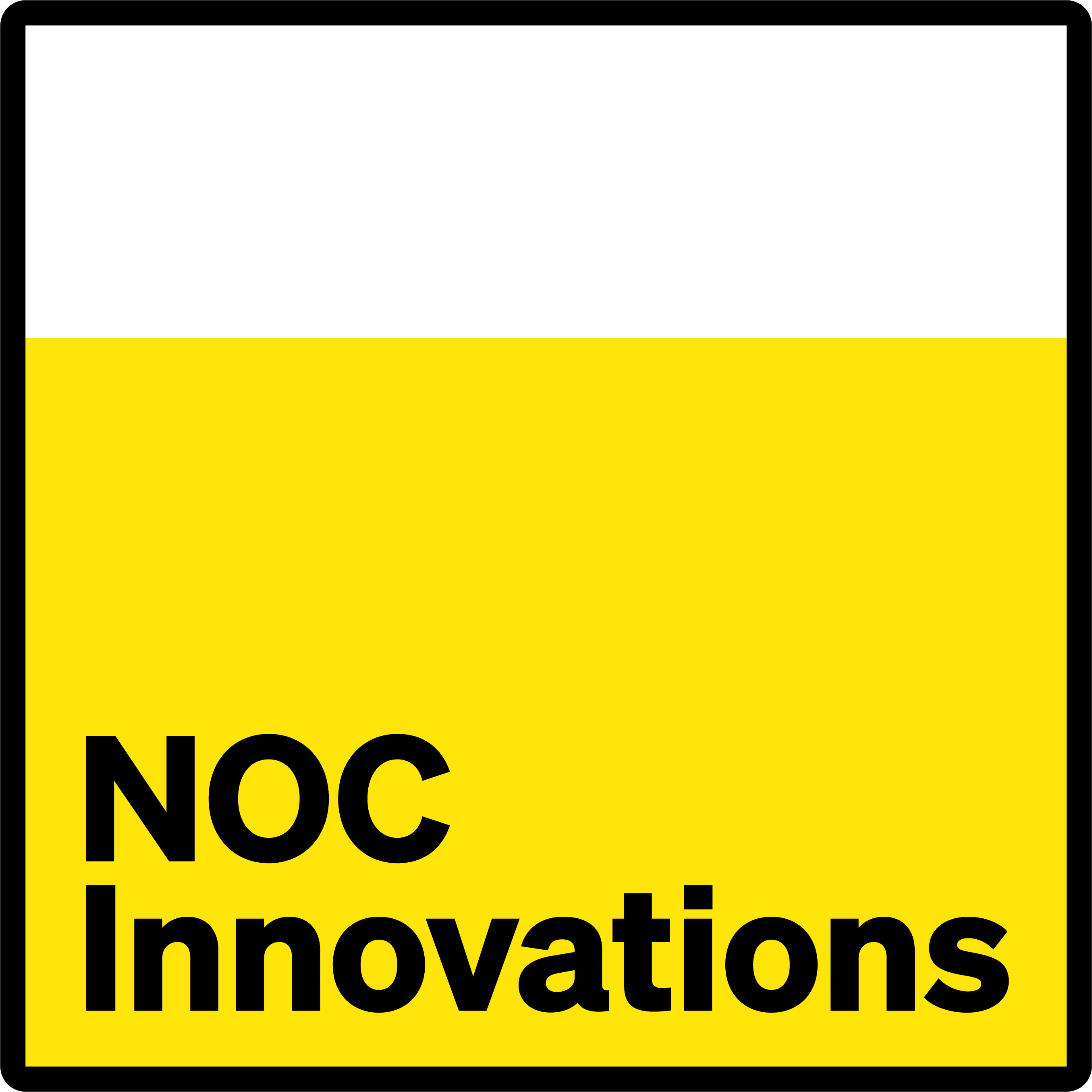Get to know our Net Zero Operations Research Fellow, Dr Martin Fyvie. A native of Aberdeen, Martin joined the NSC when the centre was founded in 2020 and has been part of the Net Zero Operations team since. During this time, Martin earned his PhD in Computational Intelligence from Robert Gordon University (RGU) after returning to academia, where he also earned his MSc in Data Science. Prior to this, Martin worked as a Data Scientist, Developer and Simulation Engineer in industrial optimisation, digital-twinning and simulation for the oil & gas and manufacturing industries.
What is your research all about?
My research covers two specific areas: Explainable Artificial Intelligence (XAI) and Complex Systems Optimisation. Both focus on designing and implementing complex computational solutions to real-world problems using evolutionary computing and linear programming.
In the field of XAI, we aim to increase user understanding of complex processes and aid in building trust between the decision-makers and the ever more complex AI systems being used in many industries today. This growth in AI system usage can also be seen in the greater level of legislative scrutiny of their level of interpretability, especially when dealing with public data. While much of XAI research has concentrated on supervised learning models, non-deterministic optimisation algorithms, such as evolutionary algorithms (EAs), have received less attention. These algorithms, with their stochastic and iterative nature, present challenges for explainability. My work aims to address such issues by analysing search trajectories through solution spaces and uncovering the reasoning behind critical decisions during the optimisation process.
As part of the Data for Net Zero (D4NZ) project, my work on the optimisation of complex systems focuses on Transitional Workforce Optimisation to support companies transitioning to greener energy systems. This involves developing AI tools to manage evolving workforce and skill demands by creating efficient staff rotas and retraining strategies for future roles. By analysing skill matrices and building workforce models, we map career paths, identify training needs and assign courses to ensure a fair, cost-effective transition. This approach aims to address upskilling, retraining and staff retention challenges while maximising workforce efficiency during the move towards net zero.
What or who first sparked your interest in your research subject?
I first became interested in research when I returned to academia to complete my MSc. I was working and studying at the same time and the overlap between the methods being taught at RGU and those being implemented in my work became quickly apparent. This sparked a deeper need to learn as much as possible about the underlying fundamentals of optimisation and AI. I was very fortunate that soon after completing my degree, a PhD opportunity became available that presented the chance to spend a significant amount of time focusing on these highly interesting areas.
What impact is your research having outside of academia?
Outside of academia, my work in XAI is helping to discover new methods of generating explanations to aid users in understanding the more complex decision-making systems of complex AI systems that are being used more and more in everyday life. This also helps developers gain insights into the key drivers of solution quality for various algorithms, highlighting potential areas for improvement. These insights can guide the refinement of algorithms, offering a clearer understanding of how their performance and decision-making mechanisms differ from other methods.
The work I have been doing in optimisation has been helping to develop systems that not only help companies create training regimes for their staff that meet a range of company-specific KPIs, but also ensure that the systems in place are capable of being explained, pushing towards a more just and fair net zero transition as workforces are up-skilled to meet both the company targets and their own.
Are there any role models or mentors who have helped you along the way?
Like many at the NSC, Professor John McCall has had a huge impact on my work and offered endless advice throughout my studies. As my primary supervisor, John inspired me to explore my topics of interest in depth and our long conversations have often led to new and exciting directions. My other supervisors, Dr Lee Christie and Dr Ciprian Zavoianu, have been instrumental in my successes here at the NSC due to their support and guidance throughout.
What advice do you have for somebody embarking on a research career?
One piece of advice I would always pass on to someone thinking about a research career is to find something you simply need to know more about. For me, this was optimisation and AI. Because of this, while hard, the work and studies have always been in pursuit of knowledge in an area that has fascinated me for years. Another key element to success in research in my opinion is the network you build throughout. From PhD students to researchers and colleagues, this network will serve you well throughout your career.
Favourite thing about the NSC?
Throughout my studies and my career as a new researcher, the NSC has provided an excellent environment for learning and collaboration. The facilities at the NSC have been really useful for hosting conference events and meetings and the research space has been invaluable. As the NSC has teams focusing on a wide range of topics, each bringing their expertise, there is never a shortage of highly skilled people to discuss new ideas and get support from.
What do you enjoy doing outside of work?
Outside of work, I spend a lot of time riding on and fixing my motorbikes and going on long camping trips around Scotland and the Isles to discover wonderful locations. I also spend a lot of time reading, especially science fiction, where I will gladly talk your ear off about classics by Stanislaw Lem and Joe Haldeman to recent works like those of Charles Stross and Alastair Reynolds.








